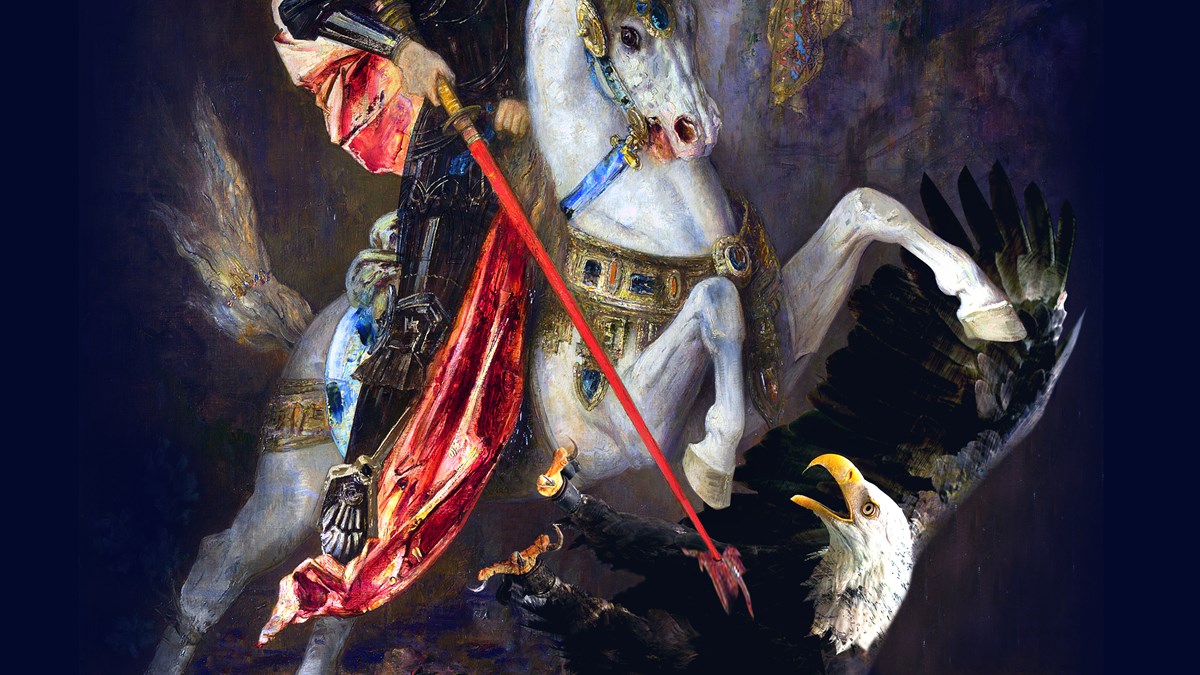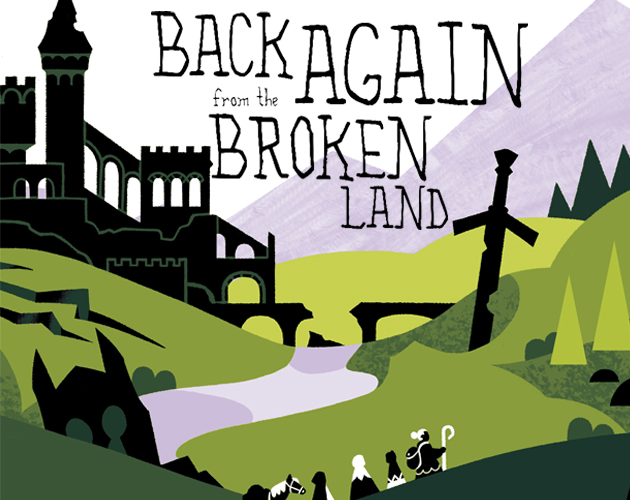Good Words: September '22

You'll notice a theme in this month's newsletter and another odd pairing of topics, similar to last month's letter on medieval history and technology. What do role-playing games have to do with faith in God (or political ideologies)? I won't spoil it for you – read on to find out.
–Matt
🗞 Articles & Newsletters
A New RPG Panic
I saw some strong reactions to this piece on Twitter, and I get it. Players of RPGs felt maligned, and the piece ignored the many joys and benefits of role-playing games. It transposes the satanic panic of the 1980s with our contemporary concerns about politics-as-religion, perhaps to dubious effect, but I won't fault Russell Moore for reaching for an effective metaphor because it is a very helpful metaphor. Much of the political posturing we see online is a crass species of role-play, but we'd likely be better off if some of our very-online political crusaders spent less time playing Twitter and played a bit more Dungeons & Dragons. Are RPGs just harmless fun? I would say they can be much more in the right hands.
The other readings in this month's newsletter will hopefully show why.
Now, in the 2020s, I am wondering if my evangelical elders weren’t partly right about the way fantasy role-playing can paganize a culture—just not in the way they expected.

Pretending for the Glory of God
Alexi Sargeant makes and plays role-playing games and gets to the heart of their appeal here.
Do we have need for creativity mingled with camaraderie, for regular face-to-face contact with people who share with us a secret language of private lore, perhaps even a whole imagined world?

The 'Party'
The parties Burton is discussing here aren't the 'parties' of tabletop role-playing games, but they certainly share features. Fantasy role-playing, in actual practice–instead of as a helpful albeit imperfect metaphor for our politics–can indeed foster virtue and almost always offers an opportunity to expand our moral imaginations.
Good Parties don’t merely offer us the opportunity to gather with those we love. Rather, more importantly, they teach us how to love. Good Parties foster the virtue of loving well. Good Parties improve, too, our moral vision. They teach us to see ourselves, and one another, differently. We learn to see ourselves as part of a community

+2 to Moral Imagination
I started playing tabletop RPGs a few years ago and count myself among the apologists. With a group focused on telling a good story, actually playing an RPG requires far too much collaboration and joyful abandon to be anything but good for the soul. I wrote about my experience below.
The collaborative storytelling and role-playing of RPGs are an informal school of empathy.

📚 Books
Back Again From the Broken Land
By now, you might be wondering how to get started playing RPGs. I humbly submit Back Again From the Broken Land as a good place to start. Mechanically simple but narratively rich and collaborative, it's less about bludgeoning monsters and more about confronting demons – within and without.
In Back Again from the Broken Land, you play as small adventurers returning to your hometown after playing a humble but crucial role in the fall of Doomslord. The game begins after the great war with the Doomslord, and the the stories you tell with determine the details of the adventures you've had and the home to which you return.










Member discussion